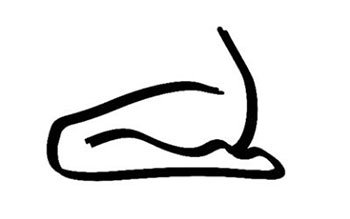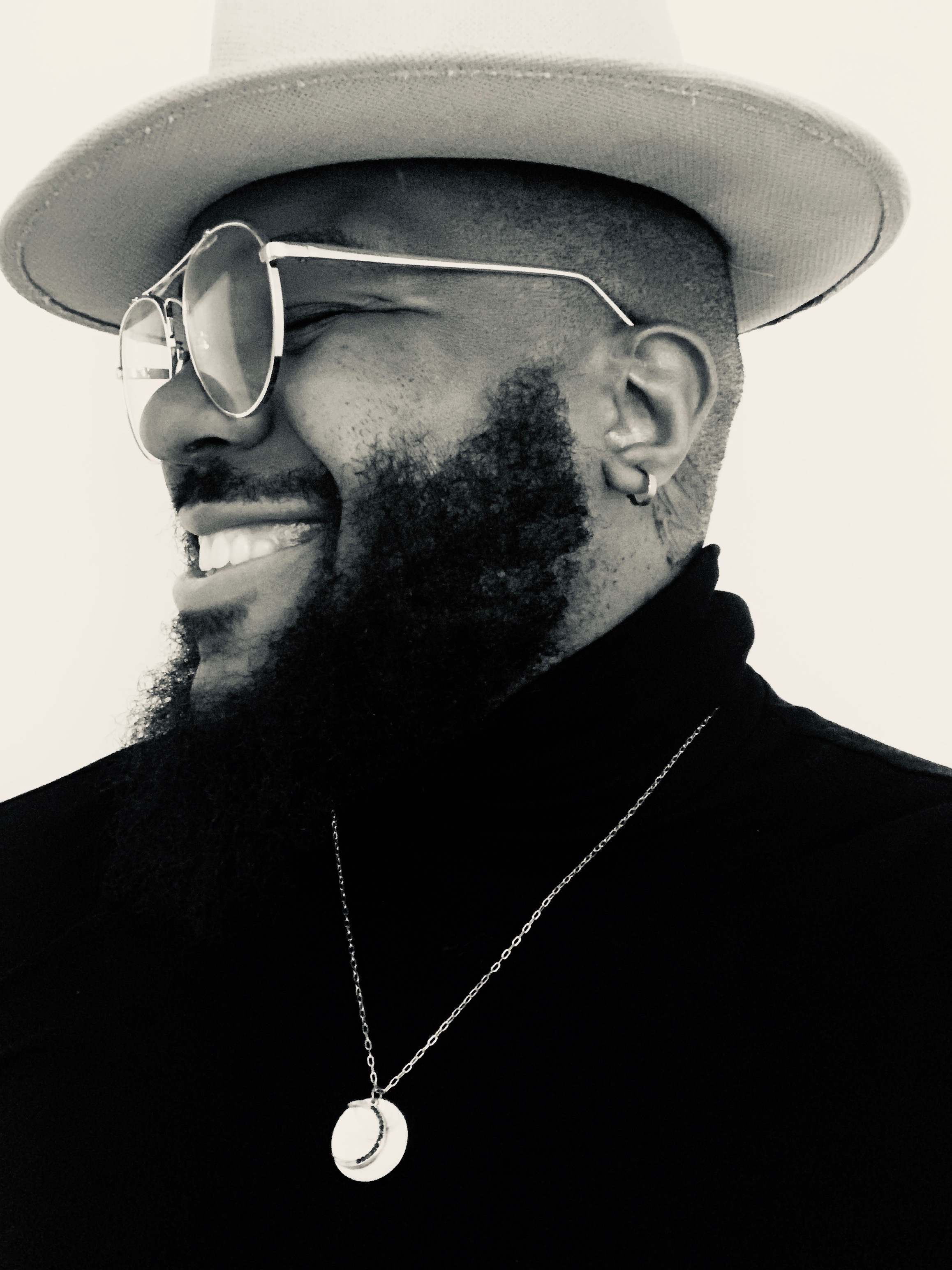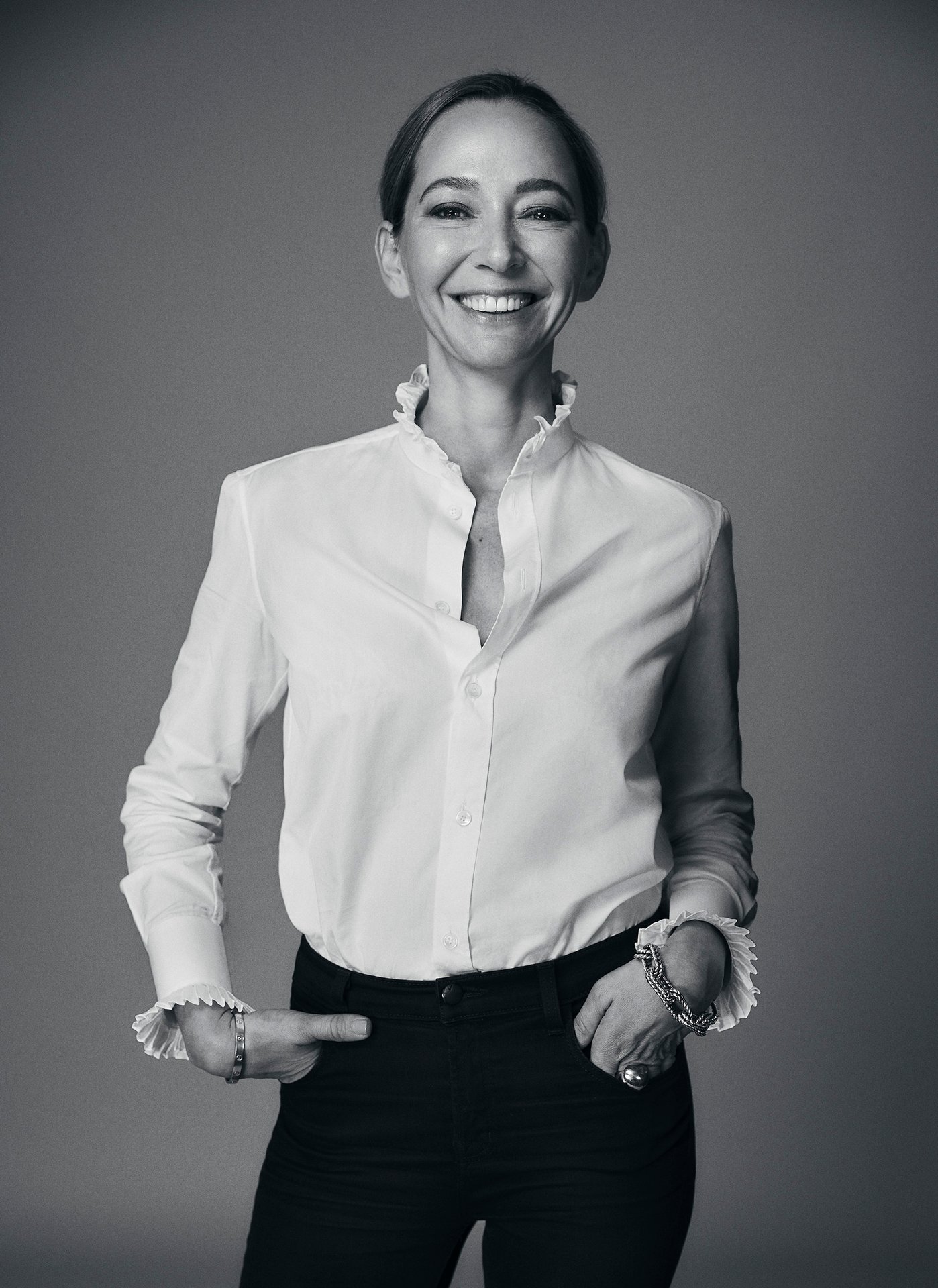The Unplug Collective: A Place to Celebrate You
August 20, 2020
Aldo Araujo


The idea started in a New York City dorm room. In a time people consider “the best years of their lives,” college was a challenging place for founder Amanda Taylor, and she wasn’t alone. There was a dire need: an accessible space that centered the lived experiences of Black women and Black gender-expansive people to discuss topics that are otherwise silenced in homes, schools, and workplaces. In response, The Unplug Collective was born and is now run with the help of Taylor’s friends Zara Harding and Aicha Cherif, and the beautiful community behind it.
The Unplug Collective is a free and accessible digital healing circle where Black women and non-binary people have been showing up as they are to share stories about body discrimination, mental health, anti-Blackness, and more since 2019.
Since its inception, their platform has grown into a movement for change with close to half a million visitors to their page, hundreds of stories authored by community contributors, and countless other testimonies told under their social campaign #DearFashionIndustry.
We caught up with the founders to discuss how the fashion industry can hold itself accountable, and their hopes and dreams for a more inclusive future for all.
Tell us a little bit about yourselves and how you all met.
Zara & Amanda: Funnily enough, we have been close friends since we were 12 years old and going to school in Kingston, Jamaica. Looking back, it’s funny to think that we were only 12, yet we spent so much time talking about all the ways we wanted to see the world change and about our dreams for our future. Still, we certainly didn’t expect to end up in college together in New York City, and we were really excited about living a floor apart in the same house. It’s no coincidence that we’re now at the same school and sometimes it feels like fate that we’re running this platform together.
Why, where and how was The Unplug Collective started?
Amanda: I started Unplug as a freshman in my dorm room because I wanted to create a non-judgmental space where people could share how they were feeling. College was supposed to be the best four years of my life, but my mental and physical health were on a rapid decline. I was struggling with things like anxiety, depression and body image, and I knew I wasn’t the only one. There were so many conversations that needed to be had, and I realized that there wasn’t a platform that specifically prioritized Black women and gender-expansive people in a way that centered our stories and our healing through community care.
I wanted writing to be a catalyst for community conversation, and for these conversations to create long-term healing for all of us. I gave myself a deadline to launch the website (January 10, 2019), and Unplug quickly became a space to make untold stories free and accessible and to prioritize making space for us to show up as we are.
What about The Unplug Collective do you think resonates most with people?
Amanda: That feeling is unmatched when you hear someone’s story and are able to say, “Wow, I didn’t know you were going through that too. I thought I was the only one.”
Almost immediately after the launch, people were sharing so many stories that had to do with body discrimination in some form, whether it’s how we feel in our bodies or how they’re being perceived, scrutinized or harmed. We use the umbrella term “body healing” to convey that we want Black women and gender-expansive people to feel comfortable being vulnerable, speaking about insecurities, expectations and experiences in our bodies while also being uplifted by the community of people reading the stories.
Where do you see yourselves in the next five years?
Amanda & Zara: As we mentioned, Zara and I have always been big on manifesting. We write down our goals for Unplug at the beginning of each month and try to follow that process with what we’re grateful for as well. We put a lot of emphasis on big picture dreams, and we’re very serious about reimagining the entire fashion, mental/physical health and journalism space. Of course, redefining entire industries is no small feat, but in the short term, we’re trying to push boundaries with the conversations we’re having with the community on our page and with people in these industries. We want to see a world that prioritizes the mental and physical health of Black women and gender-expansive people (and not just the Black folks the world has deemed to be conventionally attractive or deserving of a platform). In five years, we will see tangible change in tackling size inclusivity, we will create a library of research on discrimination against Black people in mental and physical health, and hopefully help to create a new system that normalizes community care via social media.
What are your hopes and dreams for the fashion and beauty industry?
Amanda & Zara: We want to see a fashion industry where there’s no demarcation between “straight” and “plus” sizes. Why is the jump from a size 12 to 14 different from the jump from size 10 to 12? It’s this arbitrary and imaginary line that doesn’t need to exist and varies so much depending on the clothing store. Making clothes for everyone without categorizing between straight and plus sizes gives everyone equal access to trending styles. In general, the fashion and beauty industry need to normalize all bodies, regardless of size, race, gender, or ability.
What can the fashion industry do to hold itself accountable to long-lasting, positive social change?
Amanda: Right now, the fashion industry continuously centers a few body types and looks, and it’s just not representative of millions of people who deserve the same access to the creative and inspiring world of fashion. In order to hold itself accountable, the people running the fashion industry need to actually listen to the voices of everyone who is speaking out. Are your clothes accessible to everyone, and if not why? We encourage all aspects of the fashion industry to reach out and engage with people especially via social media to learn more, and to be open to change. There are so many aspiring models and content creators who hold so many different identities, that giving people access to your platform and clothing is easier than ever before. You’ll find a lot of these conversations happening on our IG.
Talk about anything you’re working on, something/someone you want to spotlight, or share a message you’d like to send.
Amanda & Zara: We’re always accepting stories from Black women and gender-expansive people who want to share their experiences! It’s important to us that everyone knows you don’t have to be a writer to submit a piece. If that piece fits our mission, our editors will work closely with you to make sure you’re really happy with the final product. We always want writing to be a process of healing and we hope to publish and share as many personal stories about our experiences as we can! You can submit on our website (www.theunplugcollective.com). If you’re less of a writer and more of a content creator, we have our #DearFashionIndustry movement on our Instagram, where you can send us a video speaking for 15 seconds about what you’d like to see change in the industry or how it has impacted you as a person. For more info you can DM @theunplugcollective on Instagram.

